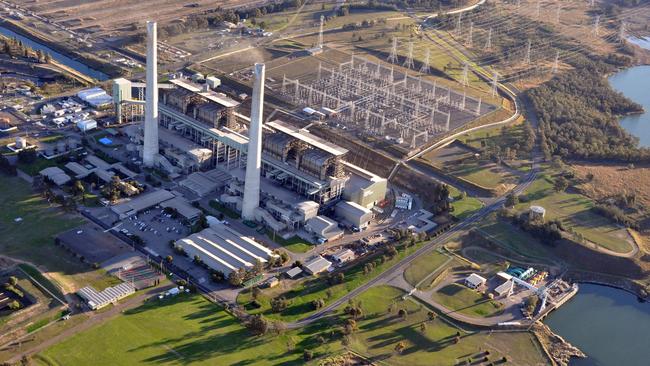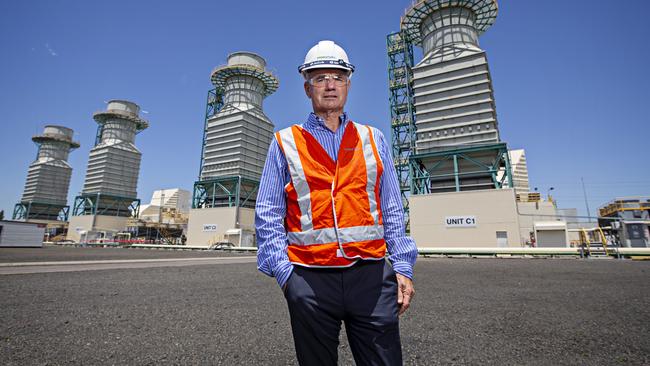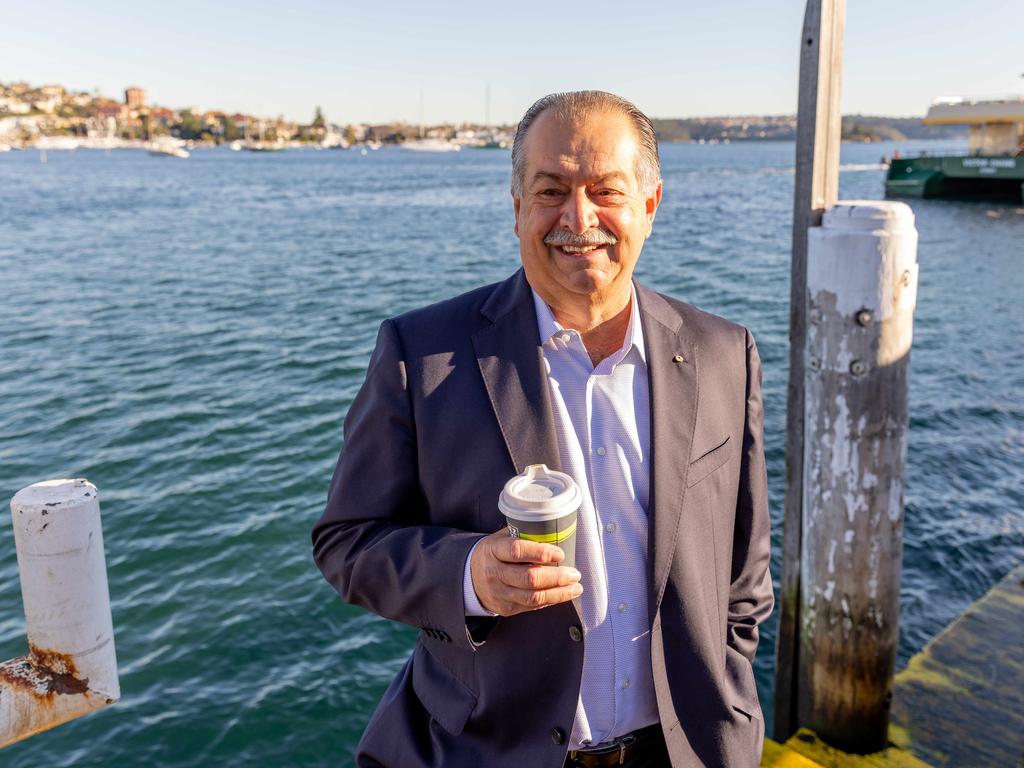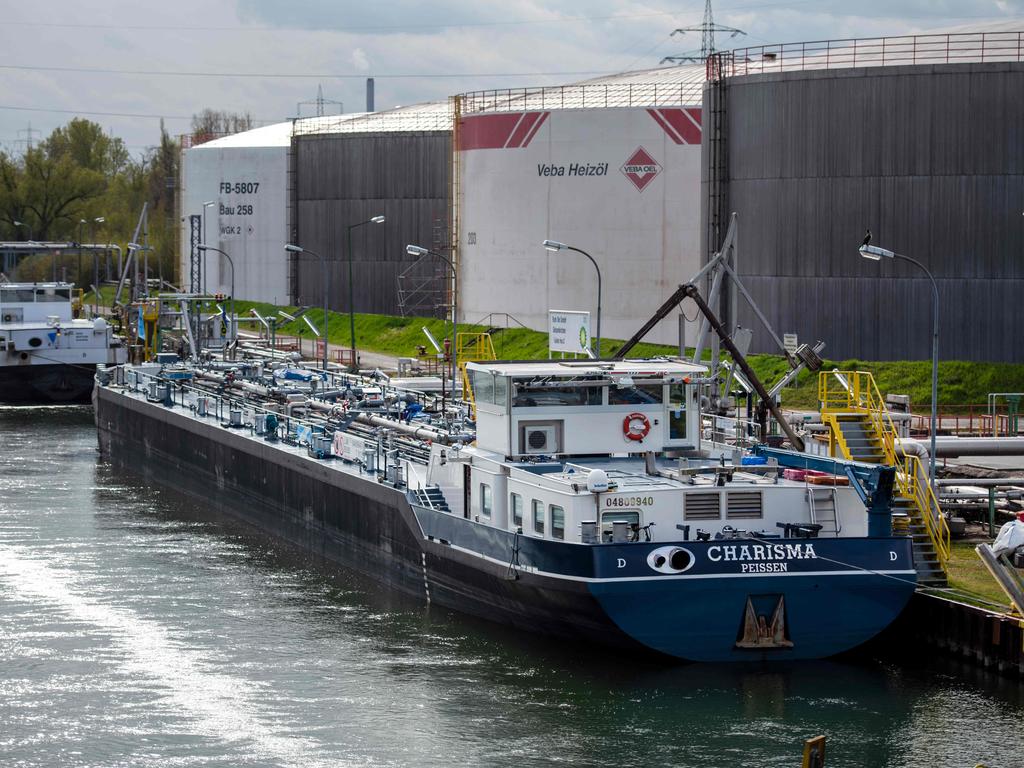Manufacturers in peril as energy crisis deepens
Big electricity generators have warned manufacturers will struggle to stay afloat as the energy crisis escalates and gas producers move to boost supply.

Big electricity generators have warned manufacturers will struggle to stay afloat as the energy crisis escalates and gas producers move to boost supply.
After The Australian revealed a major coal-fired unit at AGL Energy’s Liddell Power Station had failed, compounding a crunch in the national electricity market, major producers said the massive rise in wholesale power prices could cripple large energy users.
Delta Electricity, which operates NSW’s Vales Point station, said it was concerned by the precarious situation, with fuel costs rising and tight supplies of coal.
“There will be consequences of this. There are commercial and industrial customers who just won’t be able to keep going,” Delta chief executive Greg Everett said.
“A lot of them at the moment don’t like what they’re seeing but they’re on longer-term arrangements and so they haven’t hit that exposure point yet.
“But the longer it goes, the closer they get to the end of their contacts. There are people in the gas market who got exposed to that very quickly and for big electricity users, the same thing will happen.”
Wholesale electricity prices at least doubled in most states in the first quarter of 2022 and quadrupled in Queensland amid high demand and fuel prices, while gas markets also hit a record because of the Ukraine conflict.

Snowy Hydro is expanding its namesake hydro scheme and building a new gas plant to provide more back-up power for the grid.
“The reality is this is the new norm, and without transmission and more firming capacity in the system we’re in trouble,” Snowy chief executive Paul Broad said.
The Energy Security Board, a body created by the nation’s energy ministers to remodel the power system, said it was working on options for a payment mechanism to introduce incentives to stop the early closure of power plants and create long-term signals for investment in dispatchable generation. “We think what we’re seeing with ongoing instances of closing power stations early, it’s critical that we have a market mechanism to get new supply in place when we need it – and to make sure we get the right mix of supply,” the board’s chairman, Anna Collyer, said.
“We can see the economics driving and environmental objectives driving that exit of coal, which just makes it more critical that we’re getting these new investments coming in.
“That’s a matter for both the market frameworks, which are really important to give the right signals for investments.”
A third of coal units are unavailable in NSW, 27 per cent are out in Queensland and 23 per cent shut in Victoria, according to consultancy WattClarity.

The lack of coal generation has increased gas demand, and the problem has been compounded by the collapse of a big independent retailer, Weston Energy, forcing the owners of more than 1000 industrial sites to find emergency supplies.
A rare cap on gas markets of $40 a gigajoule – five times higher than a year earlier – remains in place for Sydney, Melbourne and Brisbane after wholesale prices soared to 80 times normal levels following a cold snap and the demise of Weston.
That led to an emergency supply guarantee mechanism for gas producers being used for the first time since it was introduced in 2017, while Resources Minister Madeline King is considering both a domestic gas reserve and triggering a mechanism for extra domestic supplies from Queensland LNG exporters.
Santos and its joint venture partner Beach Energy will bring a fifth drilling rig into the gas-rich Cooper Basin to boost supplies, with an extra 15 terajoules a day to flow by the end of 2022.
Beach chief executive Morne Engelbrecht said producers increasing volumes was the best industry response.
“Coal shortages and the inability of sufficient renewables to reliably deliver energy security is the main factor driving current higher energy prices,” Mr Engelbrecht will tell a Credit Suisse energy conference on Tuesday.
“With shortfalls in renewables and coal generation as we head into the winter months, gas is doing the heavy lifting and will continue to be a critical, reliable and needed part of our energy system for decades to come. Developing local sources of energy supply for the local market should be a key focus for policymakers – and I am very encouraged by the comments from the new government when it comes to gas.”

AGL confirmed on Friday one of three 500 megawatt units at Liddell has been taken out of service for at least a month, with the company blaming a malfunction with a generator transformer.
The failure at the plant compounds the “perfect storm” afflicting the national electricity market, already suffering from multiple failures at other coal generators, amid skyrocketing prices and a cold snap that has led to lower-than-expected generation from renewables.
The Australian understands the Tomago aluminium smelter in NSW partially curtailed its operations several times last week at the request of power provider AGL, cutting energy usage for a total of five hours this week in peak household demand times between 5pm and 7pm.
Alcoa confirmed on Friday its Portland aluminium smelter in Victoria had also partially curtailed output for an hour on Thursday night “in response to market conditions”.




